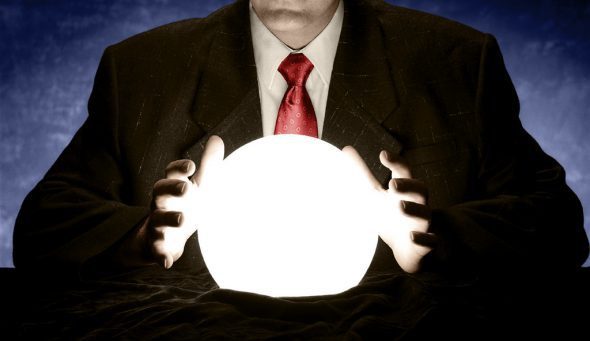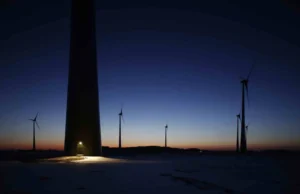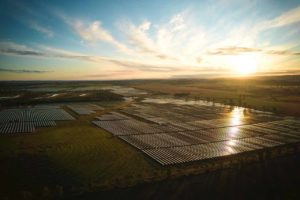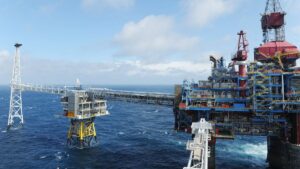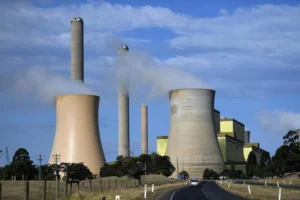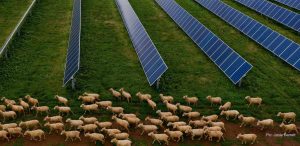The election of Donald Trump as President of the United States has wide ranging and global ramifications which will impact Australia in all sorts of ways.
For example, he has previously said that climate change is a Chinese conspiracy aimed at destroying US manufacturing – among other things. But exactly how his views will impact the future of clean energy in the US and here in Australia is difficult to predict.

We do know that Donald Trump is a coal guy. That has made for some nervous folks in the clean energy game in the United States and around the world this morning. And it’s true our industry is likely to lose a bit of skin along the way.
The final composition of US Congress and the legal ramifications of potential executive orders to unwind the country’s Clean Power Plan, or its commitment to the Paris climate agreement, will be mulled over in days ahead. There are however a couple of forces that are greater than the might of a US President as bold as Trump: physics and economics.
Firstly on economics. Trump may not be a fan of clean energy, but sooner or later he must realise that the cost of technology like wind and solar is rapidly outcompeting all other forms of new generation, including coal, gas and nuclear. As existing power plants get older and need to be replaced, these economic fundamentals are driving new clean energy at unprecedented rates. Investment in clean energy globally is now greater than that for fossil fuel based generation, and that trend should only continue.
Global capital markets have wobbled as they come to terms with the macroeconomic consequences of Trump and his policies – as best they can be understood, given his changing position on many issues. It will take a long time for the dust to settle, but risk premiums and capital flows won’t be the same. The US had built a lot of momentum in clean energy over the past years, on the back of the Obama Administration’s strong policies and the Clean Power Plan.
There will be more than a few nerves about the future policy landscape in the country. The President-elect’s views on trade and relations with Asia are also going to complicate the dynamics in our region. And there will be ramifications for the Australian clean energy sector given our strong links with Asia for trade and investment in wind and solar in particular.
But what is bad news for the US, could be good for Australia in other ways. Debt and equity from international investors is a big source of financing for Australian clean energy projects. While capital flows might slow or stall in the short term, global clean energy investors are likely to look for markets outside of the US that are a safe destination for their capital, with lower political risk and safer returns.
Australia is well positioned to take advantage of this, assuming we can deliver and assure investors we have stronger and more enduring policy. Our recent track record hasn’t been great, but the Australian Government’s 2017 climate policy review can help cement a stronger and more comprehensive policy landscape to create longer-term investment confidence and leverage this opportunity for our national interest.
Secondly, on physics. The climate is changing and that change appears to be accelerating. This was a crucial driver of the strong Paris agreement a year ago with countries from around the world committing to keeping warming under 2 degrees. The Paris commitment came into force just days ago, and now we have the President of one the world’s biggest polluters saying the agreement will be torn up.
I’ve just landed in Marrakesh for the annual climate change conference (COP 22) and it is clear that negotiators and government Ministers from around the globe are in a spin about what might happen next. There is universal concern about the risk of stalling momentum as countries focus on the implementation of their global commitments. But another year on and the physics haven’t changed. Indeed for many nations, including Australia, our vulnerability to the physics of climate change are more evident than just a year ago.
Donald Trump is indeed a force of nature, but even he can’t change the fundamental forces of global economics driving low-cost clean energy or the world’s climate.
Kane Thornton is chief executive of the Clean Energy Council

